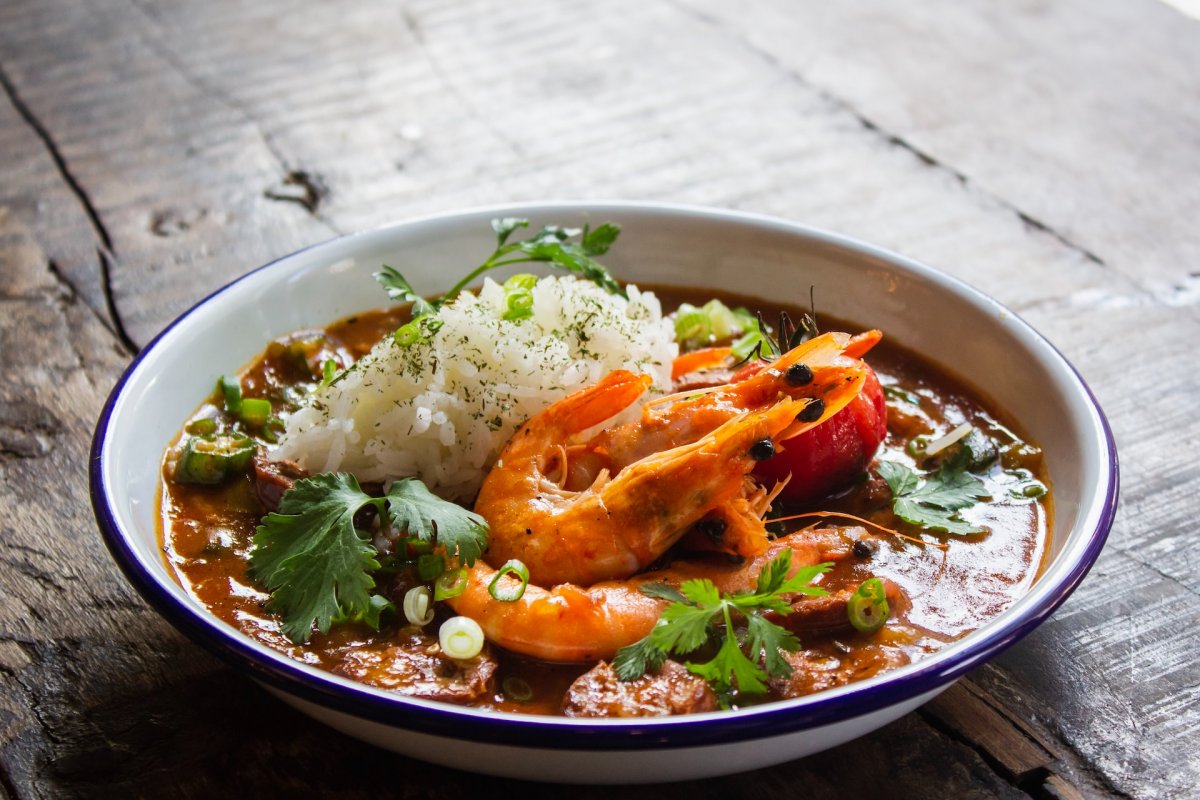
According to an oncologist, the following foods can help maintain a healthy digestive system and help reduce the risk of bowel cancer.
In the absence of a cure, the greatest weapon in the fight against colon cancer is early detection. However, prevention is always better than cure.
54 percent of bowel cancers are preventable. One of the most effective ways to reduce the risk of a potentially fatal disease is diet.
About 13 percent of bowel cancer cases are caused by eating processed meats, and 28 percent of cases are caused by eating too little fiber.
Oncologist shares six 'best' foods that can help reduce risk.
“Although there is no guaranteed way to completely prevent cancer, including colon cancer, a healthy lifestyle and informed dietary choices can potentially reduce the risk,” says oncologist Andrey Vorobyov, especially for MedicForum.
1. High-Fiber Foods
Fiber, hidden in foods such as whole grains, fruits, vegetables, legumes, and nuts, promotes regular bowel movements and maintains a healthy digestive system.
“It also helps keep the digestive tract healthy and reduces the time that potentially harmful substances come into contact with the colonic mucosa,” the doctor said.
He recommended eating at least 30 grams of dietary fiber per day.
2. Colorful Fruits and Vegetables
Fruits and vegetables loaded with vitamins, minerals, antioxidants, and phytochemicals can help protect cells from damage and reduce inflammation.
The doctor recommended using a variety of colors because some compounds found in colorful foods, such as carotenoids and flavonoids, have been linked to cancer protection.
“Try to fill half your plate with a variety of brightly colored fruits and vegetables at every meal.” , — said the doctor.
3. Cruciferous vegetables
Vegetables such as broccoli, cauliflower, kale, Brussels sprouts and kale are rich in compounds that have a protective effect against cancer.
“Cruciferous vegetables contain compounds such as glucosinolates, which can be converted into biologically active compounds with potential anti-cancer effects. These compounds may help inhibit the growth of cancer cells and support the body's detoxification processes.
According to an expert, cruciferous vegetables should be included in your diet “several times” a week.
4. Garlic and onion
Garlic and onion are rich in organosulfur compounds, which are associated with anti-cancer effects.
They can help inhibit the development of cancer cells and support the body's defense mechanisms.
“Try to regularly include garlic and onions in your meals as flavor enhancers in your cooking,” he added.
5. Lean Protein Sources
Choosing foods like poultry, fish, legumes, and tofu over processed meats and red meat may also help reduce your risk of colon cancer.
A doctor has warned that processed and red meats expose you to potentially harmful compounds produced during meat preparation, such as heterocyclic amines (HCAs) and polycyclic aromatic hydrocarbons (PAHs), which can increase your risk of a fatal disease.
Therefore he recommended eating 110 to 120 grams of lean protein per meal instead.
6. Whole grains
Fiber-rich whole grains such as brown rice, quinoa, whole wheat and oats should be the last addition to your cancer-fighting menu.
Vorobiev advised eating at least three up to six servings of whole grains per day so you can achieve the benefits associated with reducing the risk of cancer.
MedicalForum has previously written about the benefits of nuts for the elderly. =”warning_txt”>Important! Information provided for reference purposes. Ask a specialist about contraindications and side effects and under no circumstances self-medicate. At the first sign of illness, consult a doctor.
